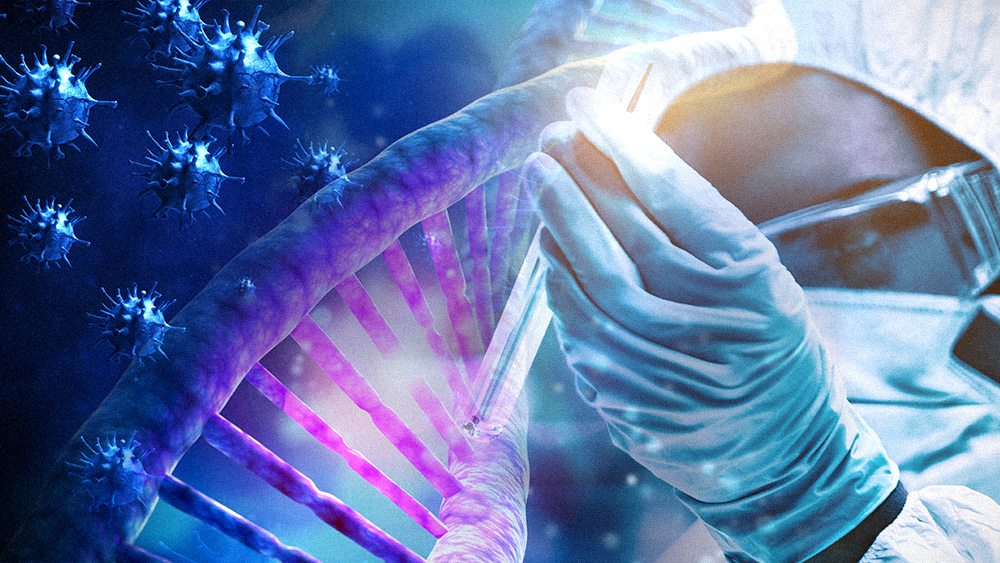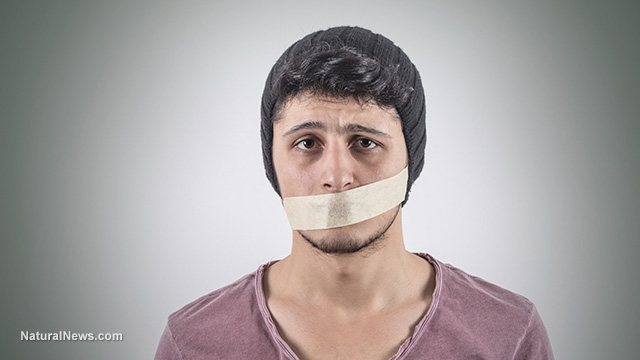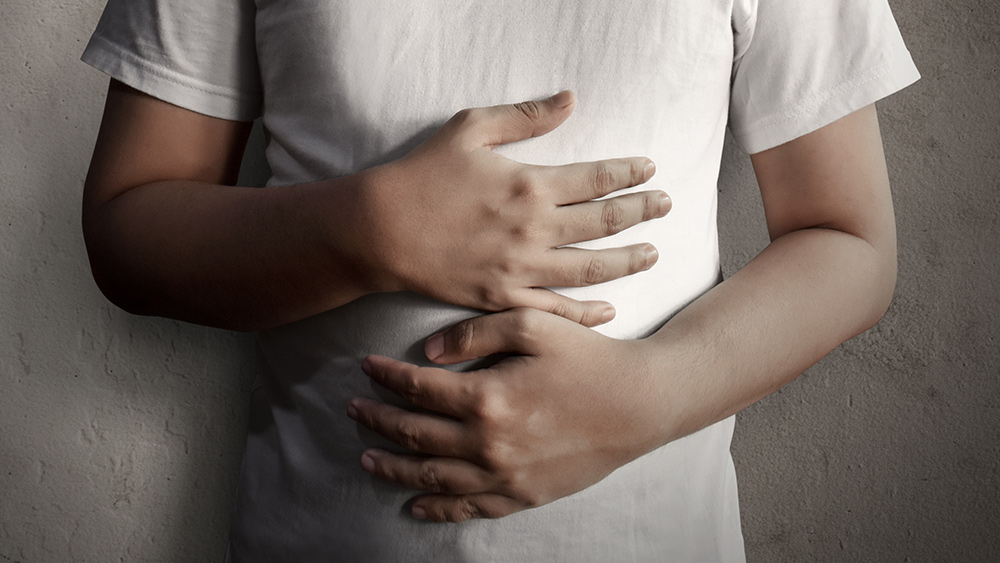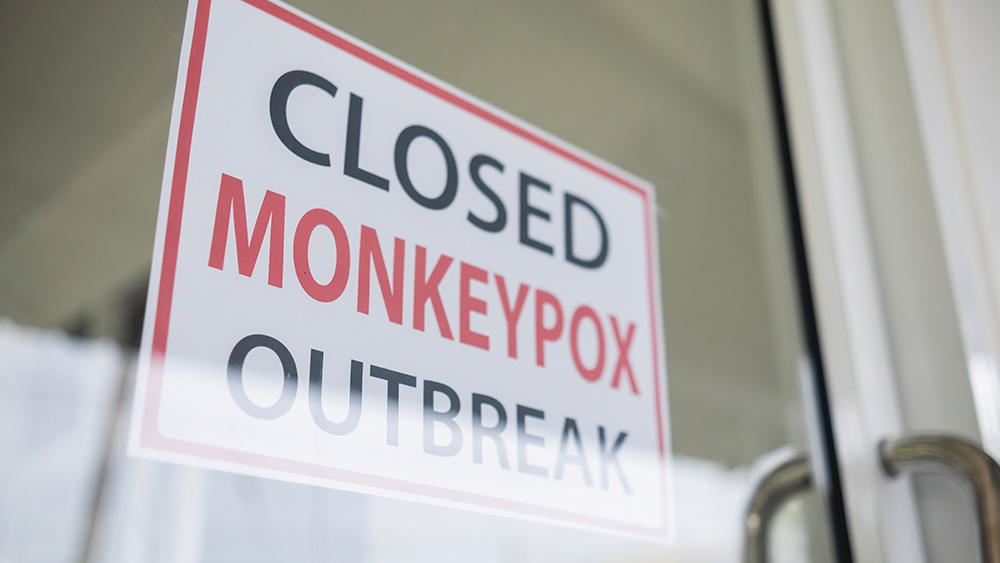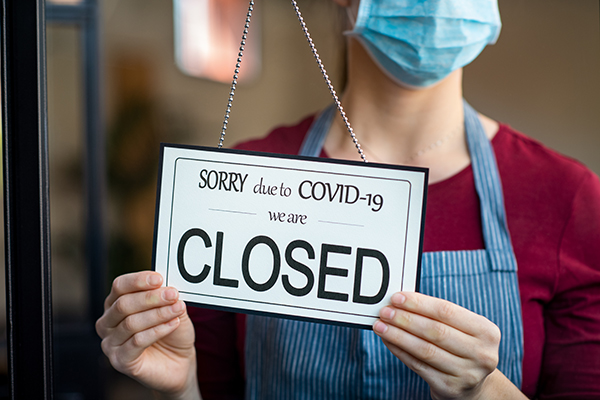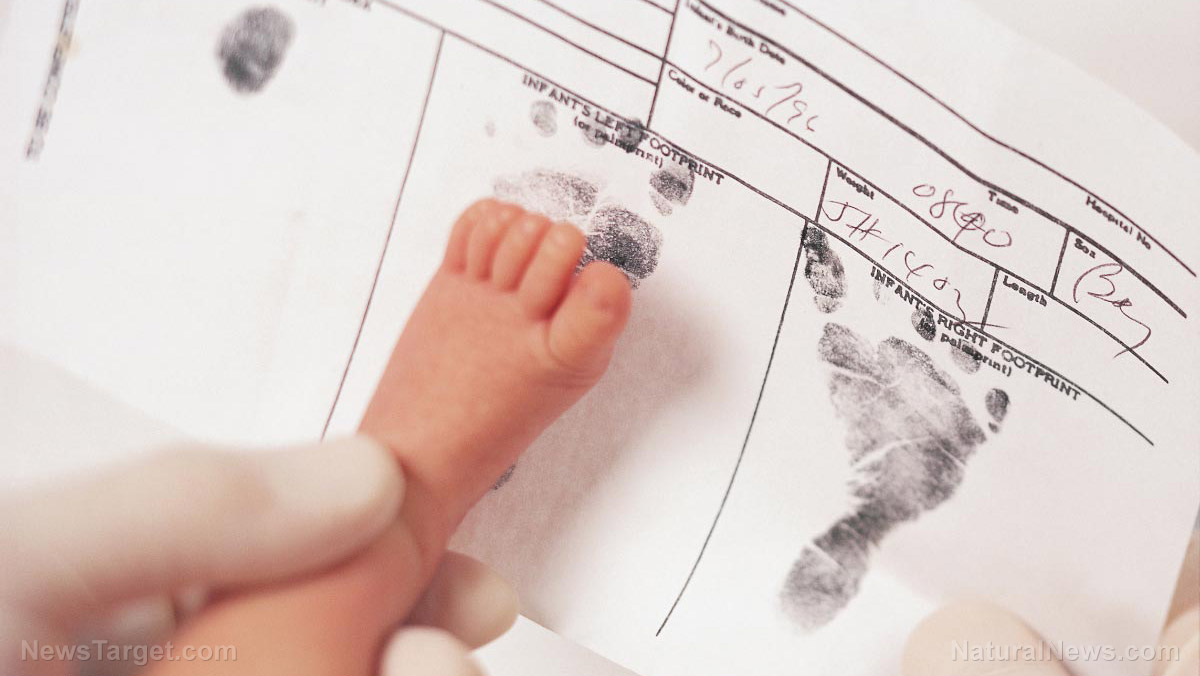Study shows supplementing with vitamin B6 can help reduce anxiety and depression
08/08/2022 / By Zoey Sky
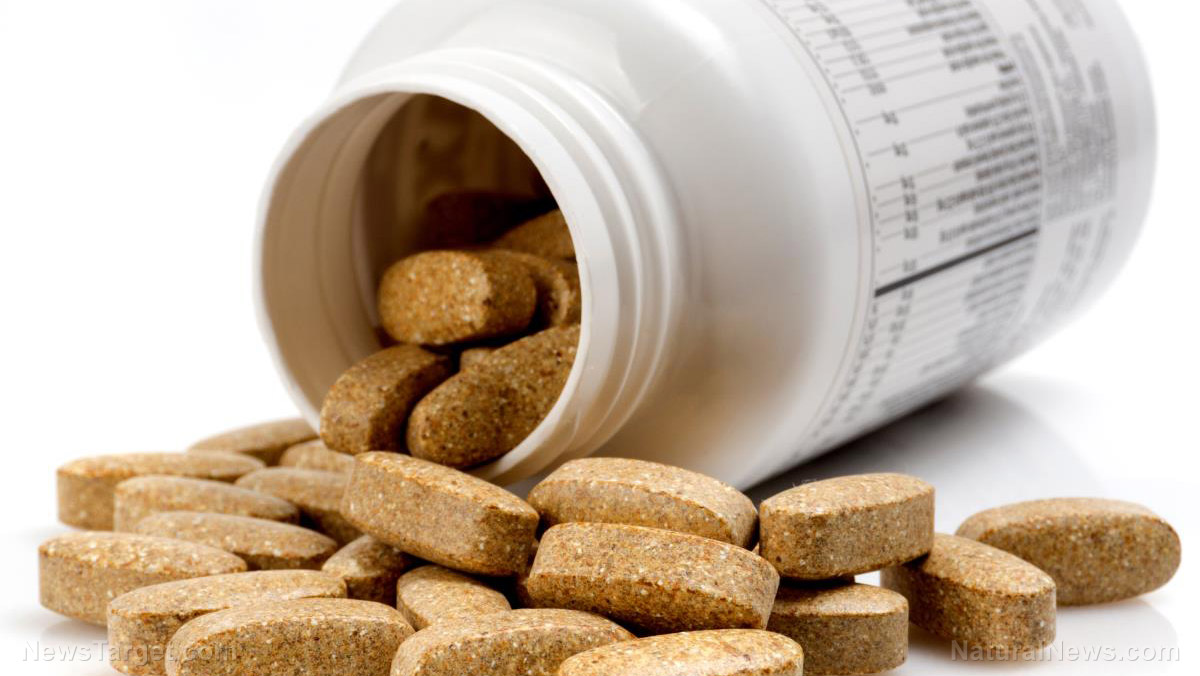
A study conducted by scientists from the University of Reading in England has found that taking a high dose of vitamin B6 supplements may help relieve feelings of anxiety and depression among young adults.
The study was published in the journal Human Psychopharmacology: Clinical and Experimental.
Study findings revealed that young adults who took a dose 50 times more than the recommended amount reported feeling less anxious and depressed after one month.
Vitamin B6, brain health and mental health
Foods like bananas, chickpeas, salmon and tuna contain vitamin B6. The vitamin helps the body turn protein and carbohydrates into energy. The vitamin also plays a crucial role in the nervous system.
Vitamin B6 also increases the body’s production of gamma-aminobutyric acid (GABA), a chemical that blocks impulses between nerve cells in the brain.
In a press release from the University of Reading, Dr. David Field explained that brain function relies on “a delicate balance between the excitatory neurons that carry information around and inhibitory ones, which prevent runaway activity.”
Field added that, based on recent theories, mood disorders and some other neuropsychiatric conditions may be linked to a disturbance of this important balance, especially in the direction of raised levels of brain activity.
Vitamin B6 helps the body produce a certain chemical messenger that inhibits impulses in the brain. The study links this calming effect with reduced anxiety in the volunteers, explained Field.
The study also provides evidence that was missing in earlier studies: Data from the research shed light on “what exactly drives the stress-reducing effects of marmite and multivitamins.”
For the study, over 300 volunteers were given either a placebo or vitamin B6 or B12 supplements at 50 times the recommended amount. The volunteers took one tablet a day with their food.
While vitamin B12 had little effect compared to the placebo, vitamin B6 showed a “statistically reliable difference.”
Visual tests at the end of the trial verified the raised levels of GABA in the volunteers who took vitamin B6. The researchers also reported “subtle but harmless changes in visual performance,” which is consistent with controlled levels of brain activity.
However, health officials in the U.K. warned that taking more than 200 mg of vitamin B6 a day may cause a loss of feeling in the arms and legs. In rare cases, the side effect has become permanent in those who have taken very large doses of the vitamin for several months.
Combining supplements with other therapies
Chickpeas, tuna and various fruits and vegetables contain Vitamin B6. But the high doses used in the trial suggest that “you need to take supplements to experience a positive effect on mood.” Field said.
He also explained that their research is at an early stage and the effect of vitamin B6 on anxiety in the study was “quite small compared to what you would expect from medication.”
Before the supplements can be considered a realistic choice, the scientists recommend further research to identify other nutrition-based interventions that benefit mental well-being. Doing this could help them find other dietary interventions that may be combined in the future to ensure more effective results.
“One potential option would be to combine Vitamin B6 supplements with talking therapies such as Cognitive Behavioral Therapy to boost their effect,” concluded the researchers.
Depression and your dietary habits
Treatment options for a condition like depression include medications, therapy and self-care. Self-care includes different aspects like diet, physical activity and sleep.
If you have depression, you must remember that self-care is just as important as medication and therapy. Following a balanced diet and having a healthy lifestyle is crucial for your physical and mental health.
Many studies have confirmed that a healthy diet and lifestyle can also help prevent health problems like cancer, cardiovascular disease, dementia and mental health disorders like depression.
If you have depression, try to follow a balanced and healthy diet. (Related: Food for the brain: Review examines the link between diet and mental health.)
- Eat a lot of fresh fruits and vegetables.
- Eat whole grains (ideally in unprocessed form), seeds and nuts.
- Incorporate some lean proteins like fish and yogurt into your diet.
- Avoid foods with added sugars or flours like baked goods, bread, cereal and pasta.
- Minimize your intake of animal fats, processed meats like bacon and butter.
Maintain your overall health by taking supplements and following a balanced diet.
Visit BeatDepression.news for more tips on how to deal with depression using natural treatments.
Watch this video about the health benefits of vitamin B6.
This video is from the Holistic Herbalist channel on Brighteon.com.
More related stories:
Are you feeling down? A digital detox can help improve your well-being, says experts.
Compound in magic mushrooms found to work magic on depression symptoms.
Dr. Fab Manzini: Embracing CHANGE key to dealing with post-pandemic depression.
Sources include:
Submit a correction >>
Tagged Under:
#nutrition, beatdepression, brain foods, brain function, brain health, Cures, depression, food cures, food is medicine, functional food, mental health, natural remedies, prevention, research, supplement, supplements, vitamin B6, vitamins
This article may contain statements that reflect the opinion of the author


